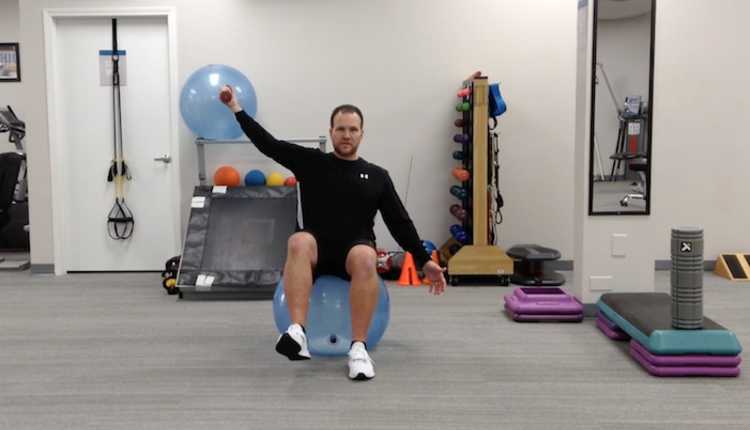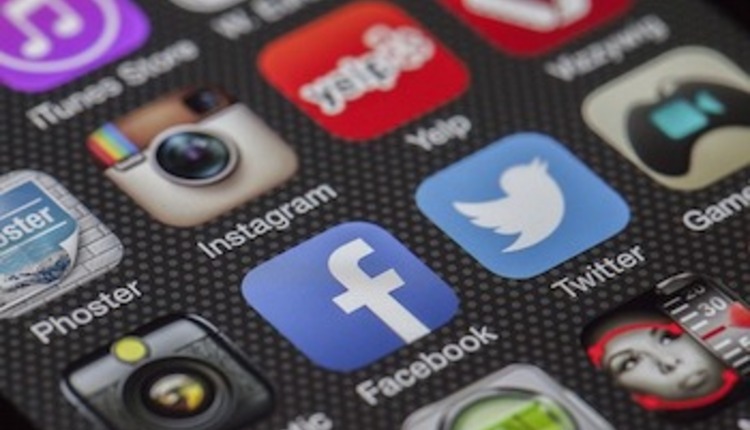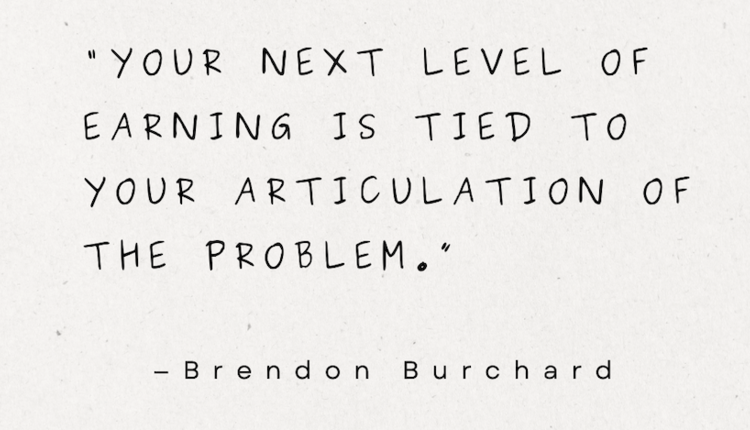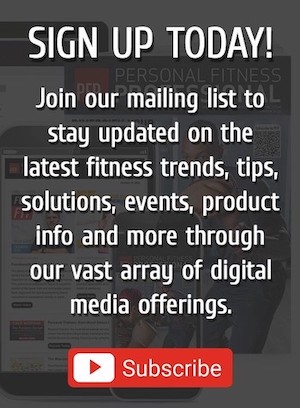
I remember the day when I recognized that the “me too” approach wasn’t the path to professional success.
I’d been the head baseball coach at a small university in Ohio for two years and the results had been just a bit above average. We won more games than we lost, but when we played the better teams, we got pummeled.
It all came to a head one sunny afternoon in May 1997 when the best team on our schedule beat us 13-1 to end our season. It ended a year where I’d worked 80+ hours every week and pushed our team about as hard as someone could push without fear of a revolt. My approach to competing was basically to practice, play and recruit. I approached coaching in pretty much the same fashion as most other coaches, but I’d simply out-work them. This worked well enough to beat the average teams, but it became painfully obvious that it was a recipe for failure in my quest to become a championship program.
I couldn’t simply work more and expect a different outcome. I had to approach things differently. I was reading a book by Steve Spurrier where he mentioned that you either had to be better or be different to win. Well, I wasn’t going to be better. I was less experienced than my competition. We had inferior resources and didn’t even offer athletic scholarships.
The only option was to be different.
I revamped everything. I began studying direct response marketing and selling to change my recruiting. I reinvented the way we practiced and developed players, crafted our culture and even overhauled our style of play. The results were immediate. We became a nationally competitive program the next season and maintained that level of play during my remaining four seasons as coach.
When I started my first business, a personal training company, that lesson was still fresh in my mind. At that time (2004) everyone was selling one-hour sessions in blocks of 10 or 12 and training everyone in a one-on-one setting. My business was a community of just 23,000 in central Kentucky, so there just wouldn’t be enough traditional personal training clients to build a successful business using this approach. I offered 30-minute sessions and sold annual programs that were a better fit for the market.
The results were solid. In just 18 months we had 420 training clients when the average personal training business in a bigger market was lucky to have 20% that many. This commitment to being different persisted over the development of more than 20 additional businesses and the results were always similar.
How do you differentiate yourself? Here are a couple of suggestions:
Start with you. Build your business around your values, your strengths and your goals that operate within the guardrails that you set. Who you are. What you want. There is only one you; it’s your ultimate differentiator.
You don’t want to be all things to all people. You don’t want to target and market to everyone. You don’t want to be a poor imitation of someone else. That's not how to build a successful business that you love owning. Good business design begins with you.
Develop your brand.
1. Who do you want to work with?
2. What do you want to be known for?
If you are clear on those two answers, everything else becomes easier. To build a loyal following you need to know who you want to do business with. It is as important to have a clear idea of who you don’t want as a client.
The other component of building your brand is identifying what you want to be known for. It’s basically a statement of who you help and what you do. When you clarify this, it will be easier to create ads and write sales copy and say things that your prospective clients care about. You'll be able to connect with those prospects on a far deeper, and more emotional level.
Branding gives you a position you can own in the market. Positioning is the perception that happens in the minds of your target prospects. The story they tell themselves; if you do a good enough job with positioning you render the competition irrelevant. You’re talking just to the people you want to reach and your message is so laser-focused because everyone else is ignored. You essentially become a specialist for the right people. People gravitate to specialists over generalists, and they’ll pay more for a specialist, too.
Your brand will give you a position that will:
• Create a laser-focus on your ideal target prospect.
• Filter-out who you don’t want.
• Differentiate you and your business from your competition.
In today's “me too” marketplace, this is how you win. It’s why people will chose you above everyone else. Be different.





















